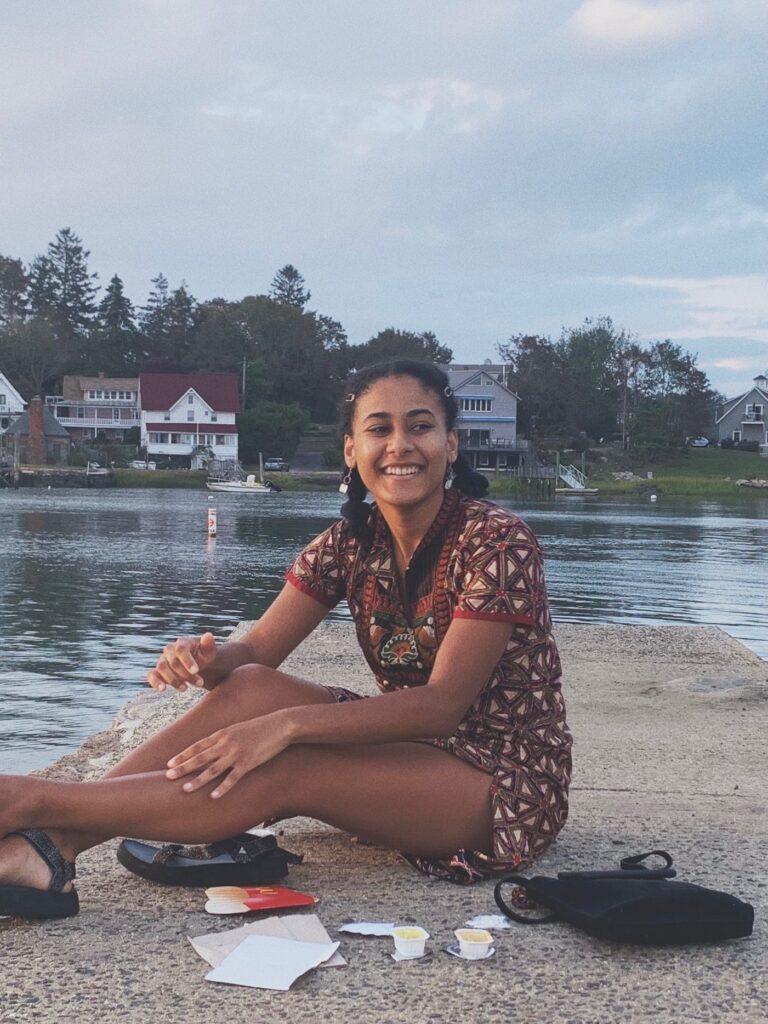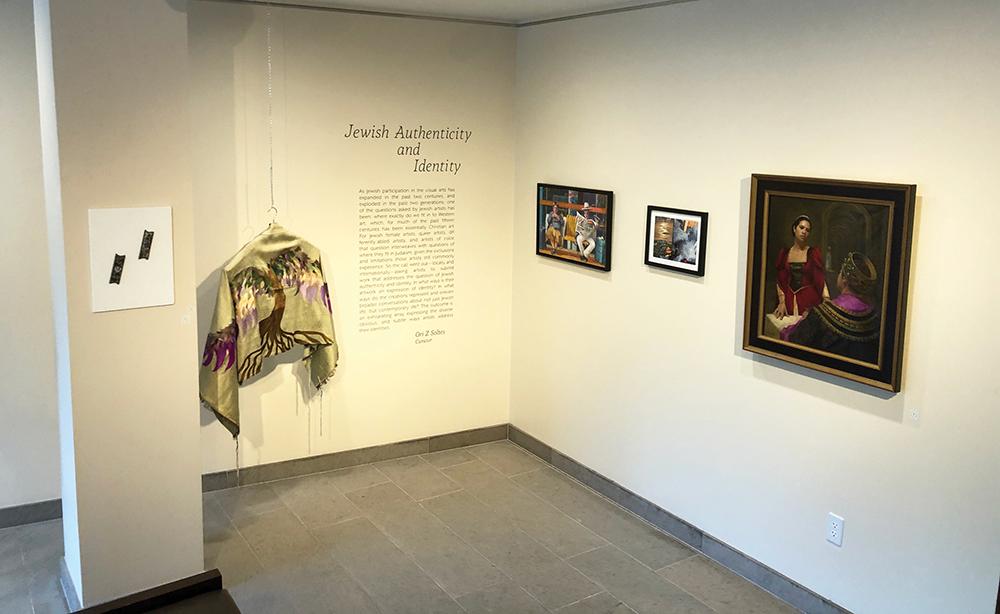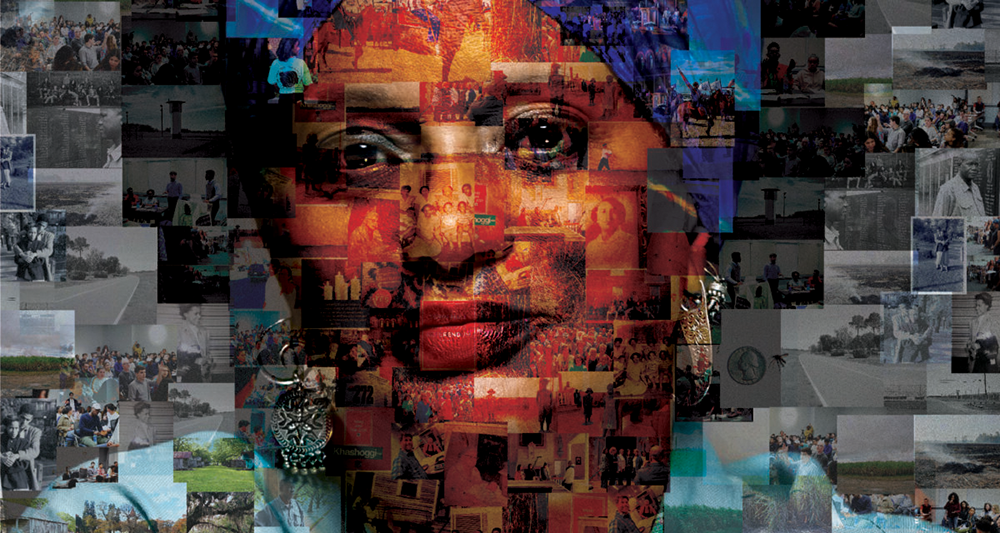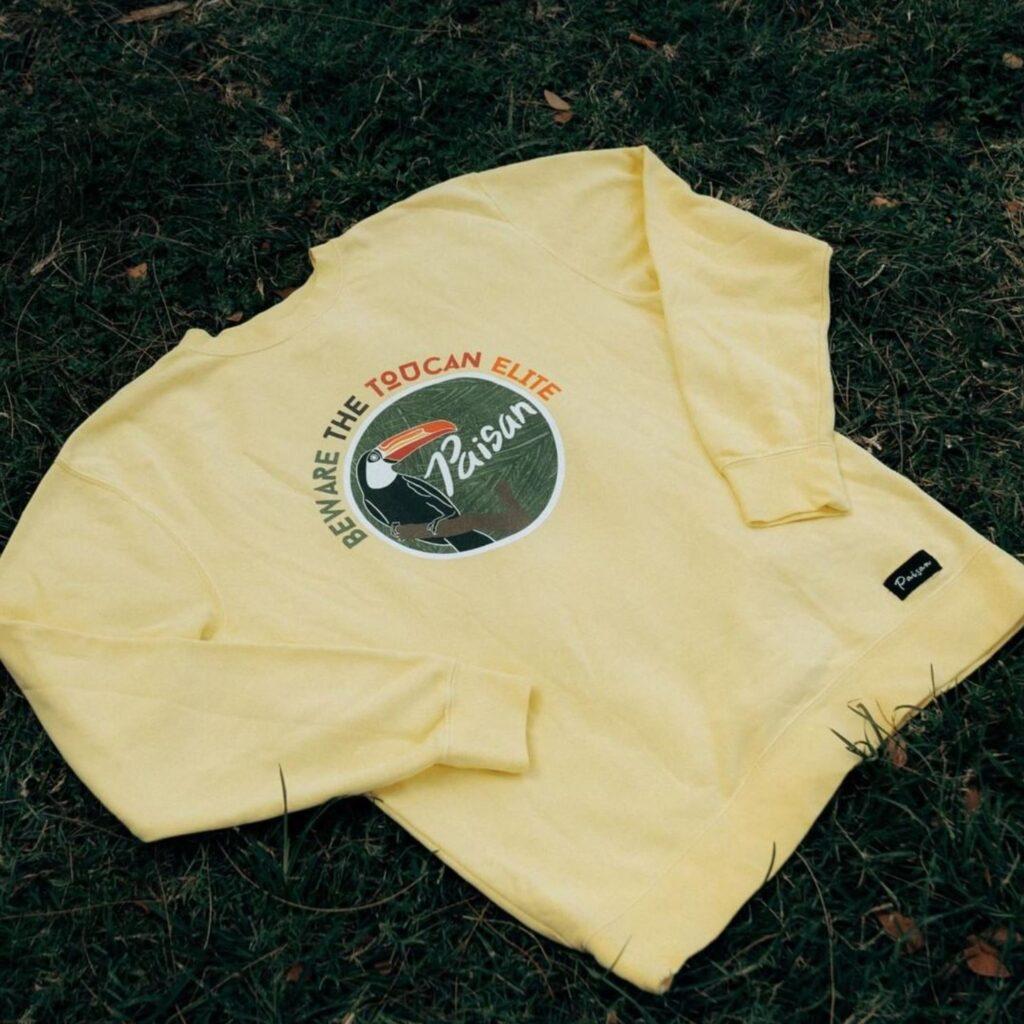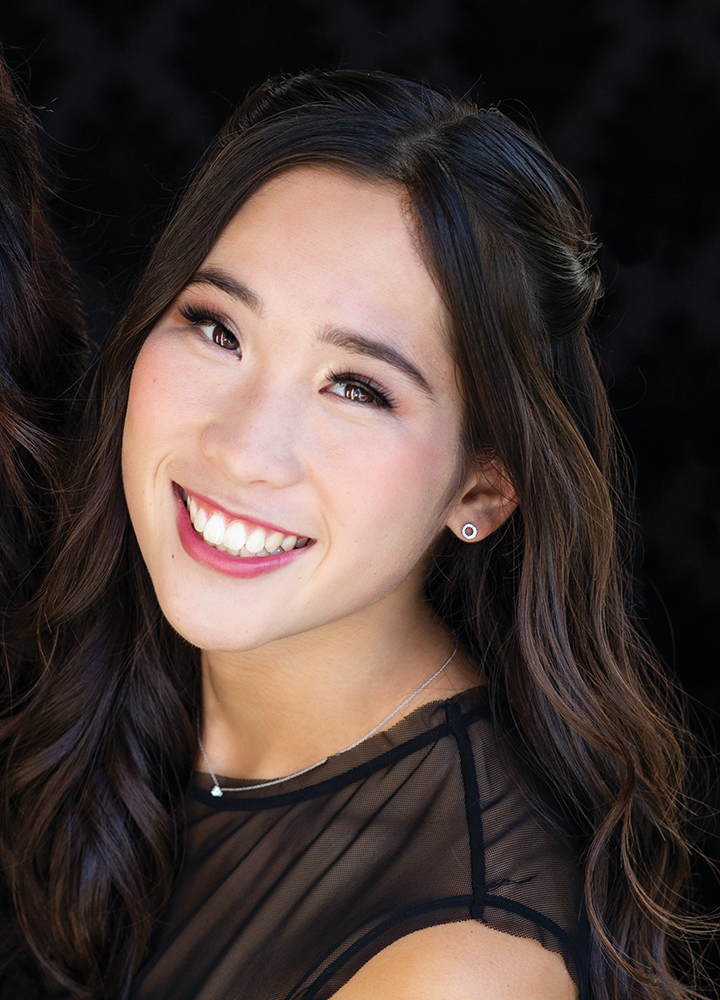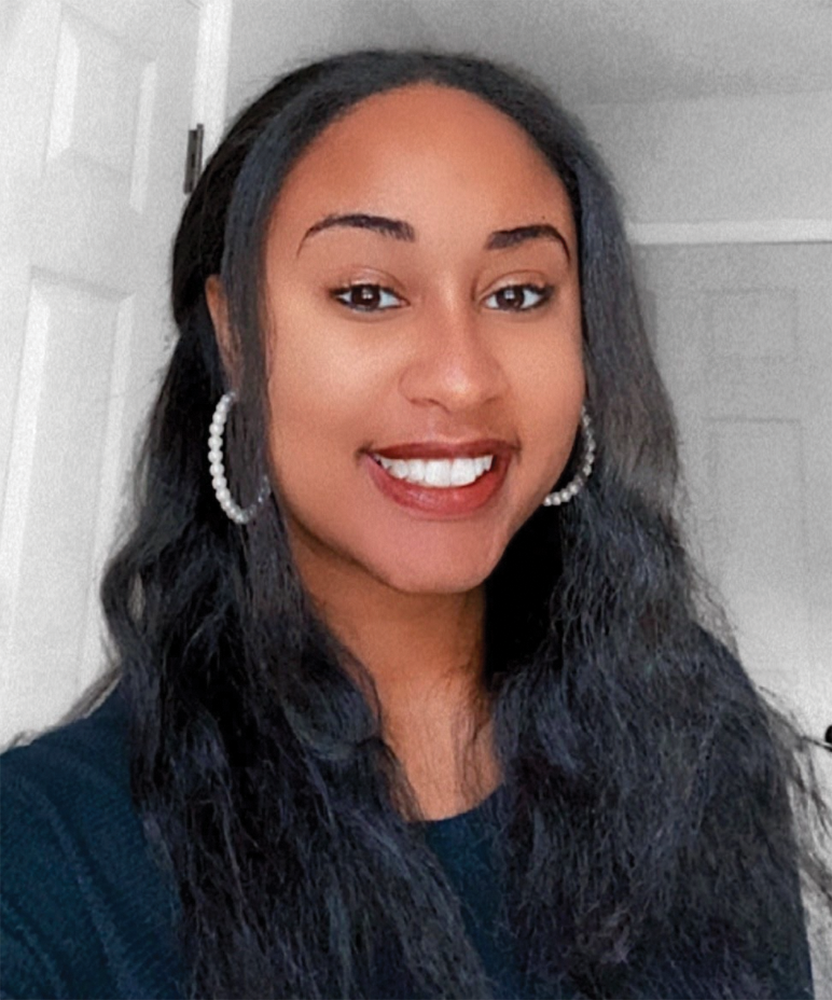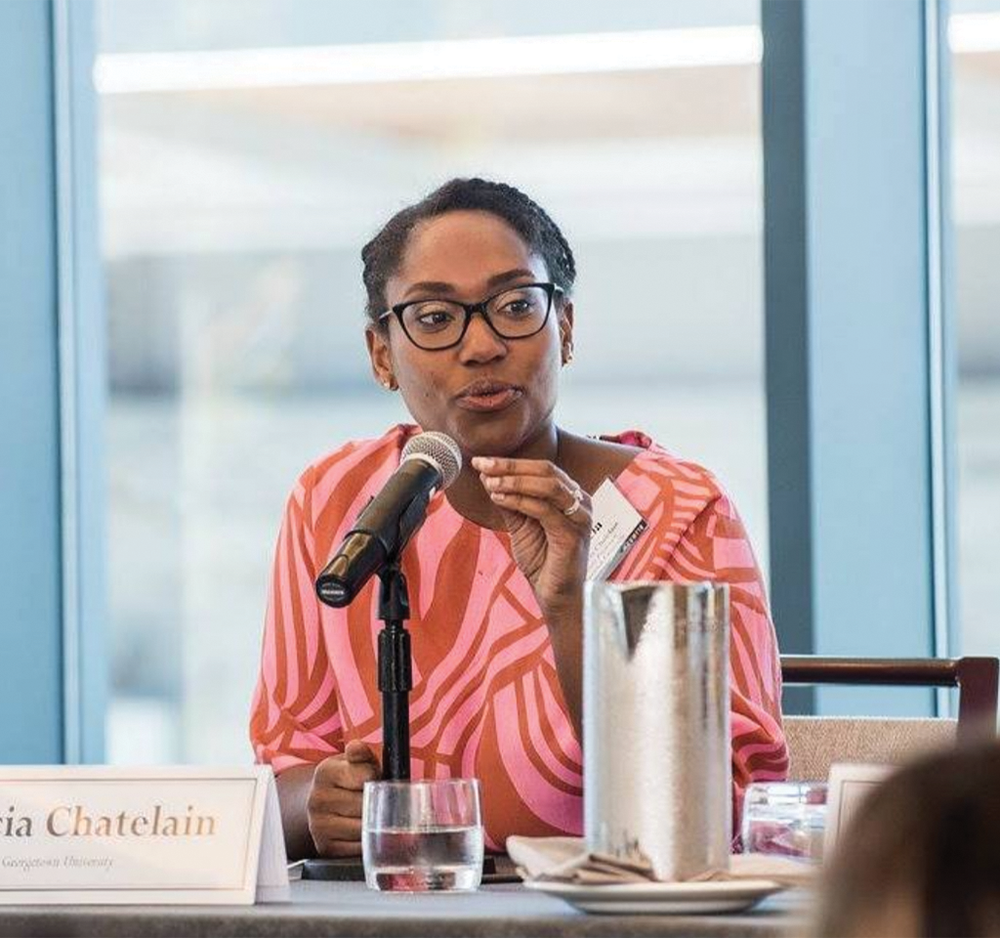As a fifth-grade student, Toella Pliakas (SFS ’21) always carried a small denim handbag holding an array of pens, pencils and paper so she could write on the go. The bag was too grown-up for a young girl to carry, however, according to her elementary school teacher.
The teacher’s comment stuck with Pliakas. Though she was unaware at the time, Pliakas now realizes this comment was an example of adultification bias, a phenomenon in which adults treat young girls, especially young Black girls, as older than their age.
Pliakas’ experiences as a Black girl inspired her to join the Georgetown University Law Center’s Initiative on Gender Justice and Opportunity, which aims to focus on marginalized women and girls in research and policy development. Now, Pliakas works as an intern at the center with an interest in understanding the twin goals of racial justice and gender equality, she said.
“I was immediately intrigued because I wanted to learn more about how racism and sexism intersect to create not analogous but specific pressures and inequities for women and girls of color, specifically Black women and girls,” Pliakas said in a Zoom interview with The Hoya. .
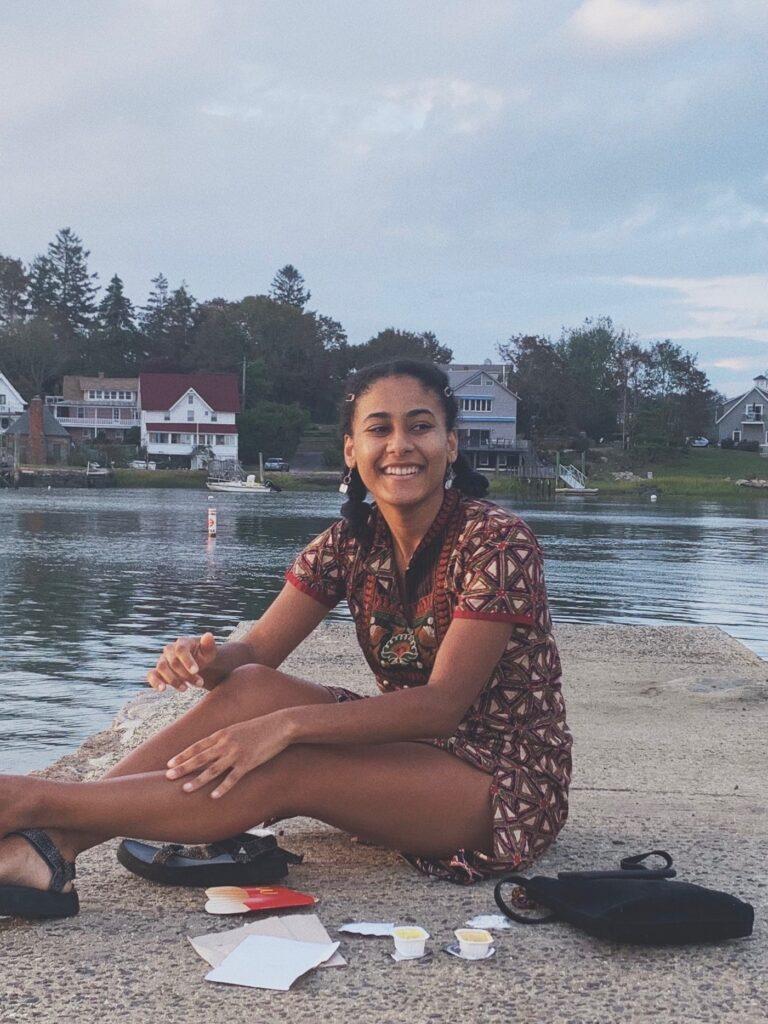
In her role as an intern, Pliakas works alongside Rebecca Epstein, executive director of the Center on Poverty and Inequality.
In January, Pliakas and Epstein co-authored an article for The Washington Post addressing adultification bias. The article responded to an incident in Rochester, N.Y., in which police officers, responding to a call for “family trouble,” handcuffed a nine-year-old Black girl and told her she was acting like a child.
The incident in Rochester is consistent with existing research on the relationship between police officers and the harmful perception of Black women and young Black girls as threatening and aggressive, according to Pliakas and Epstein.
“The consequences of such adultification biases are profound,” they wrote in the article. “Rather than showing Black girls leniency or compassion in keeping with their age, authorities punish them in ways that are wholly out of proportion to their developmental stage. This occurs in many of our public systems, including schools, where young people spend the majority of their time.”
In 2017, the Initiative on Gender Justice & Opportunity published research highlighting the effects of adultification bias on Black women and girls. The study found that adults in society viewed Black girls ages 5 to 14 as more adult than their white peers. Two years later, the initiative released a follow-up study, reporting that an additional component of adultification bias includes the belief that Black girls ages 5 to 19 require less nurturing, support and comfort compared to their white female peers.
Understanding how adultification bias exists, especially in education, is often an individual process that builds on personal experiences, according to Pliakas.
“I think once you put a name to adultification bias, a lot of people recognize it and can identify experiences that they’ve had or that friends have had or things like that,” Pliakas said.
In addition to her advocacy for education around adultification bias, Pliakas has also written about broader police reform. In June, amid nationwide protests calling for police reform, Pliakas was grappling with how she could share her knowledge about alternatives to policing with a broader community and, therefore turned to writing, she said.
“I try to bound myself in a reminder that I didn’t start writing just to shout into the nothingness,” Pliakas said. “I started writing because I felt that I had information that I wanted to be shared and information that I think other people should have access to and, hopefully, information that leads to a conception of community safety that works for more people, that works more broadly and effectively for people.”
During this time, Plikas wrote a number of pieces for The Washington Post, including articles about alternatives to calling the police in Washington, D.C., the shortcomings of D.C. Mayor Muriel Bowser (D) on police reform, and the importance of Black churches in the District as a source of community.
To further her advocacy, in 2017, Pliakas joined Georgetown United Against Police Aggression, a group formed to push back against Georgetown University Police Department’s discriminatory practices on campus. The group aims to combat aggressive policing practices against students of color and support any students who have had negative experiences with the police, according to Hannah Levine (COL ’21), a student organizer with GUAPA.
Pliakas’ work with GUAPA and her broader advocacy for police abolition, particularly her writing, speaks to her dedication to spreading all she has learned about policing, according to Levine.
“I think it’s fabulous that she’s able to have this outlet for her voice,” Levine wrote in an email to The Hoya. “Her perspective as a student organizer at Georgetown is super important and I’m glad that the DC community and the country at large is able to hear it, especially in this current moment in which issues of policing are getting more attention.”
As she considers how she can continue to share information about police reform and alternatives, Pliakas said she hopes police and educator training about concepts like adultification bias will be adopted at Georgetown and more broadly to reframe the narrative about young Black girls and women.
“I think that those types of things are pretty unacceptable, and I hope that, through training, people could recognize how their thought processes are affected by, frankly, the legacy of slavery,” Pliakas said. “Police officers just shouldn’t have as many interactions with children as they do, if any.”


